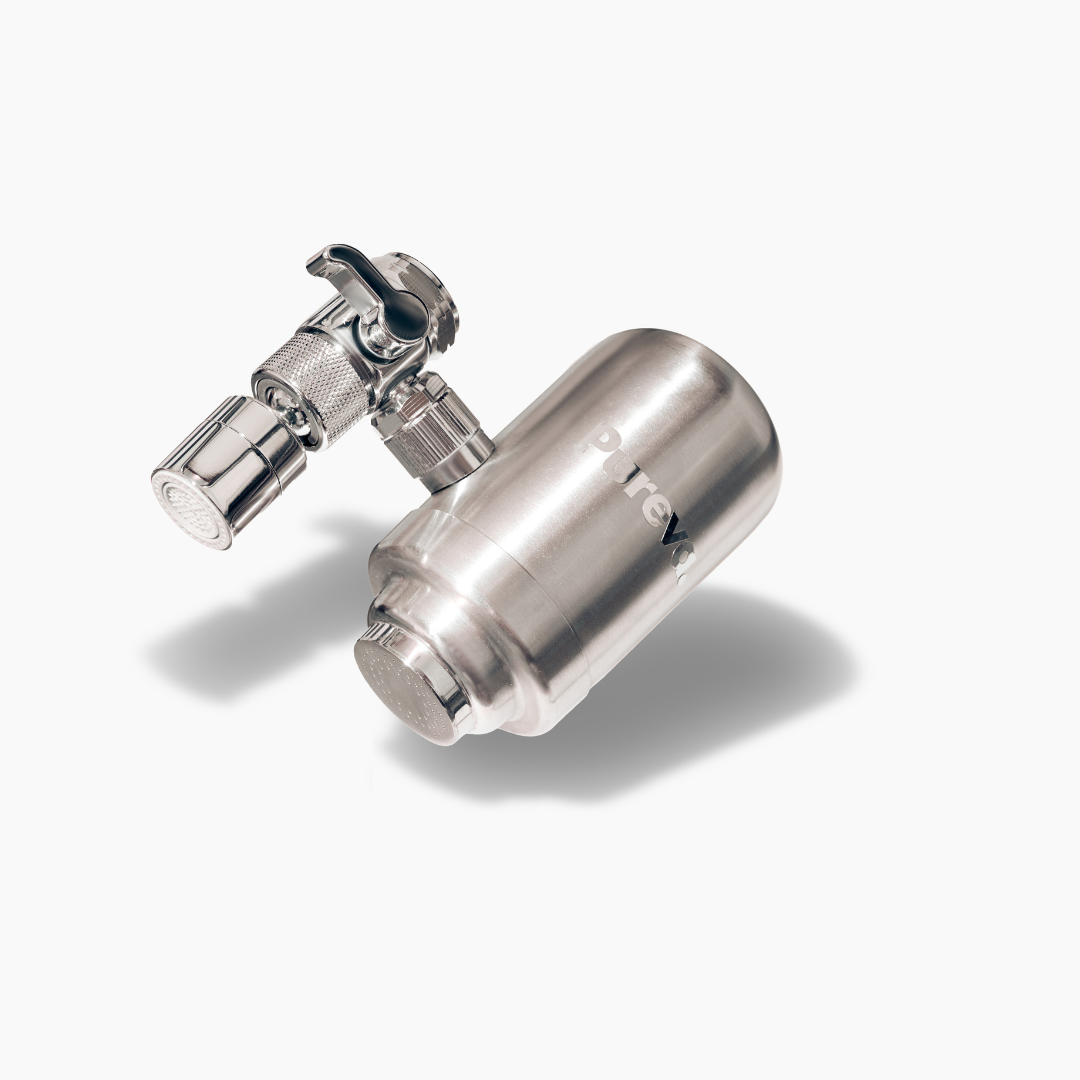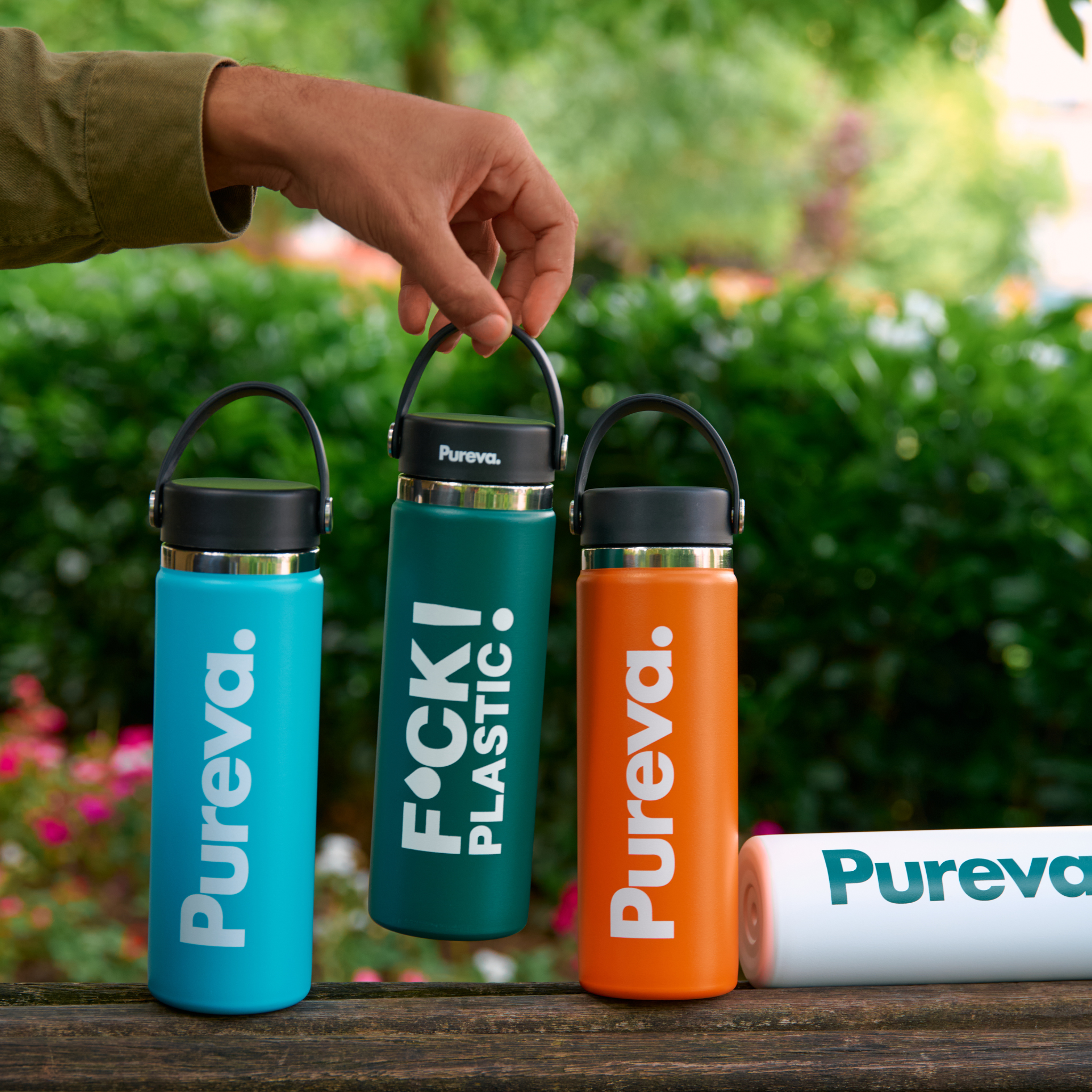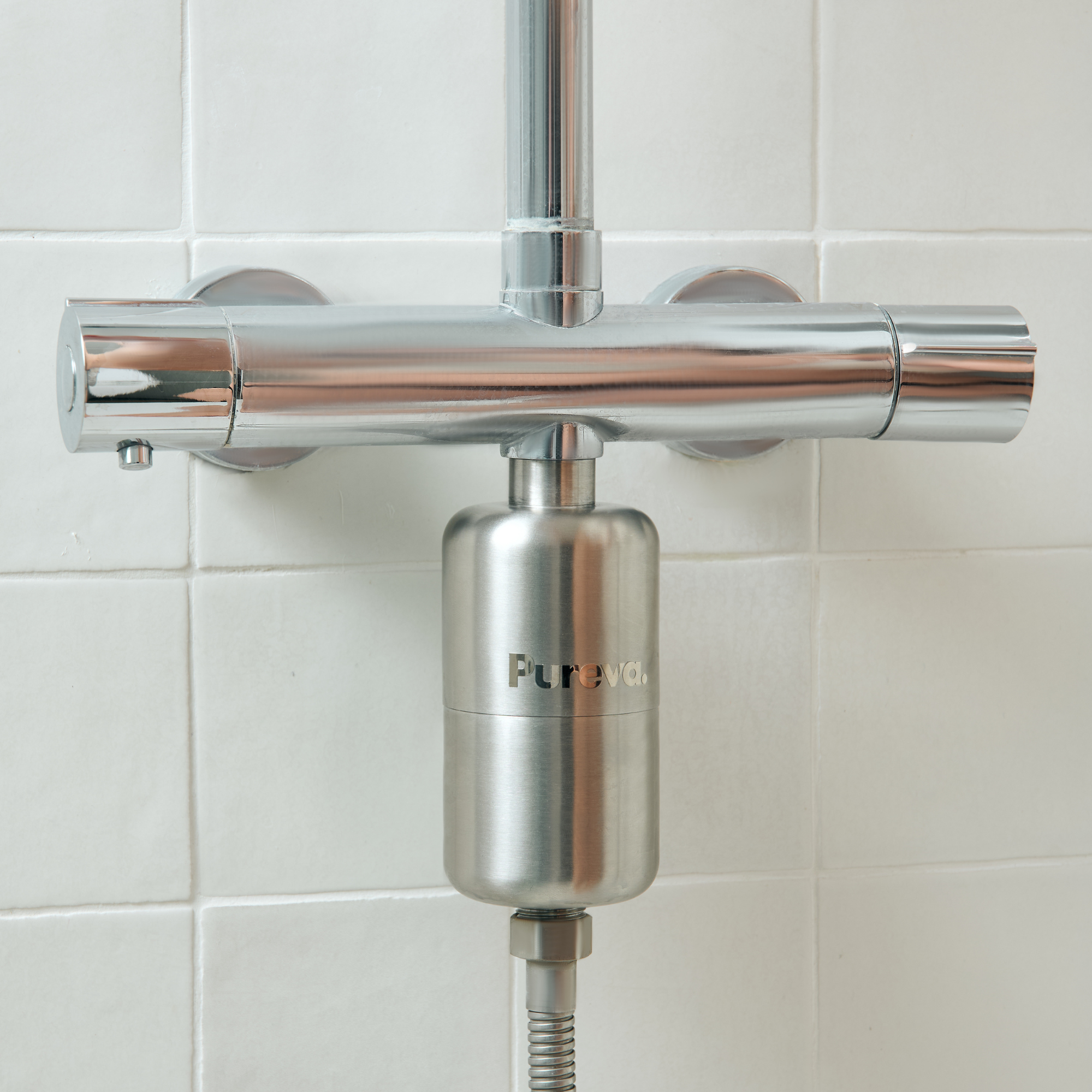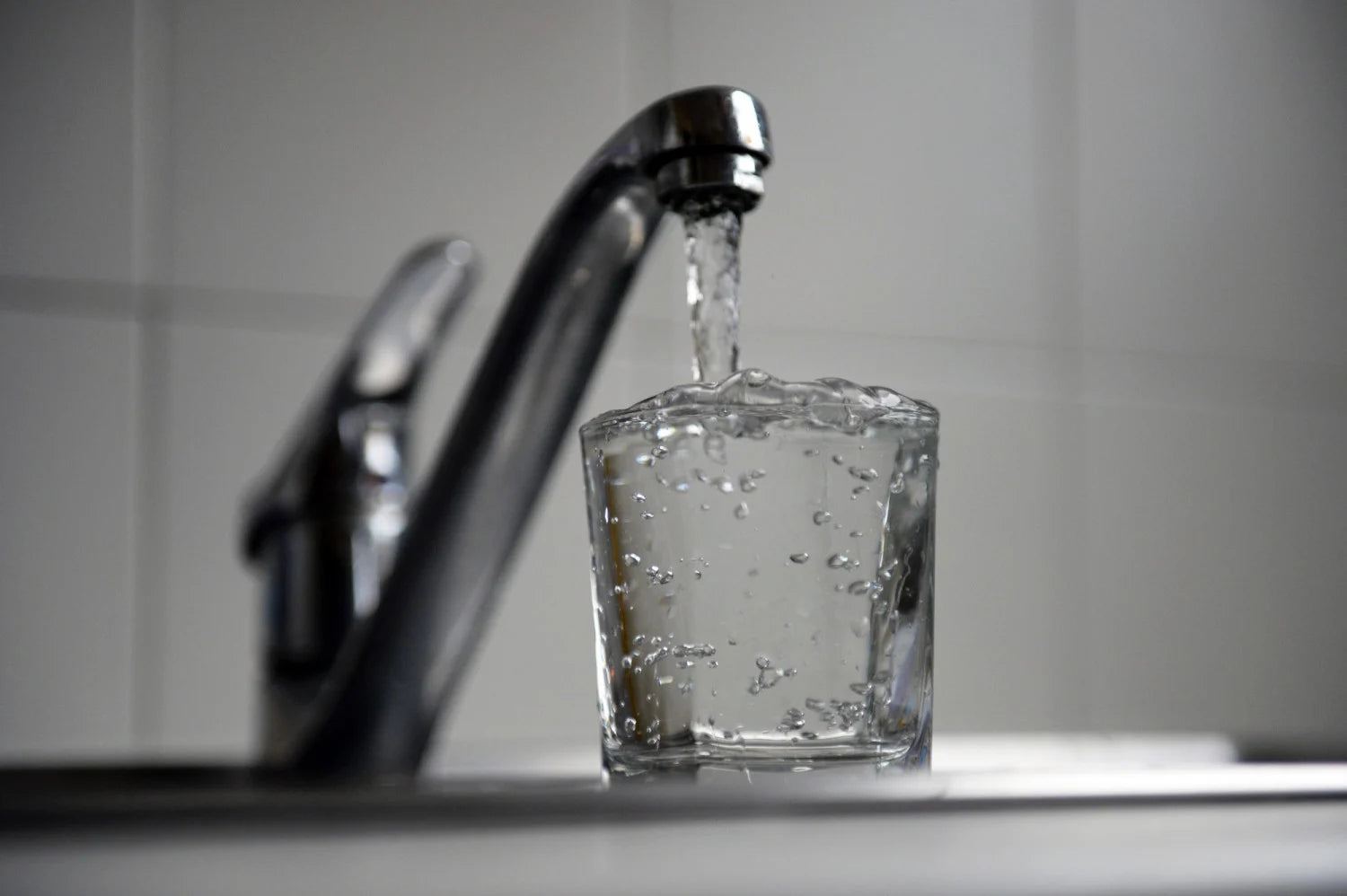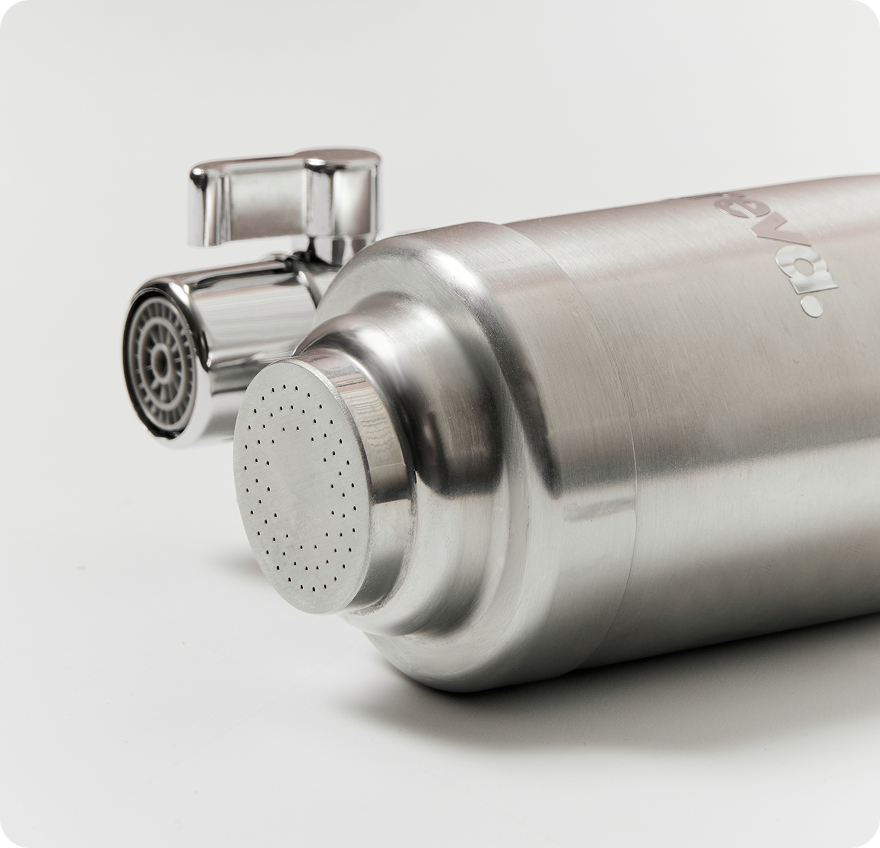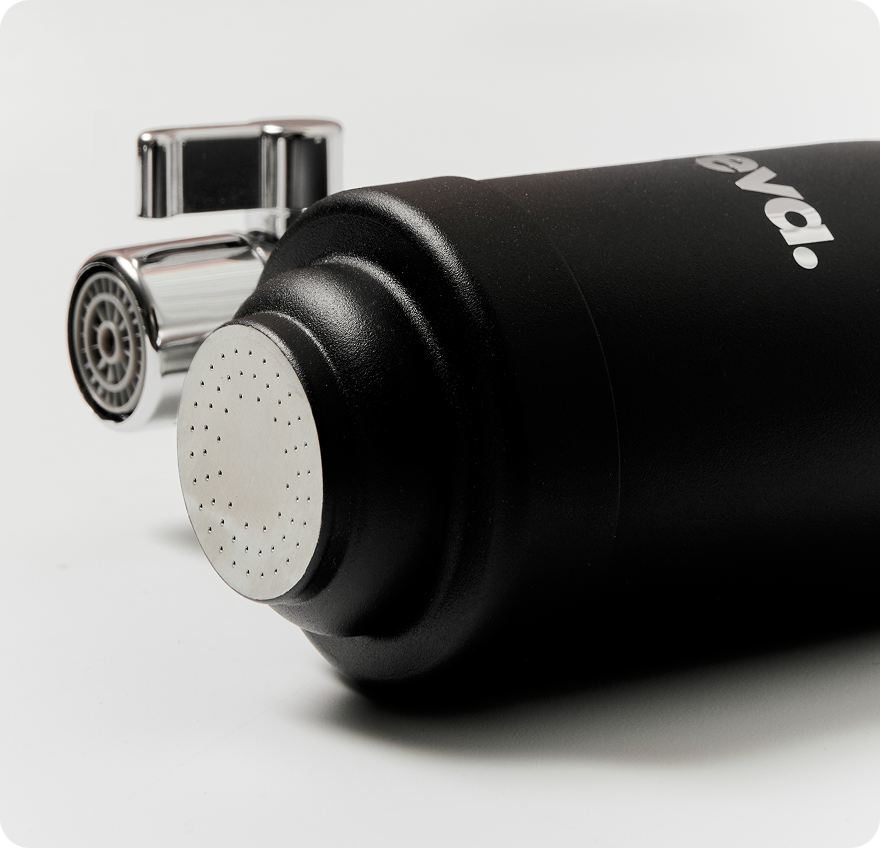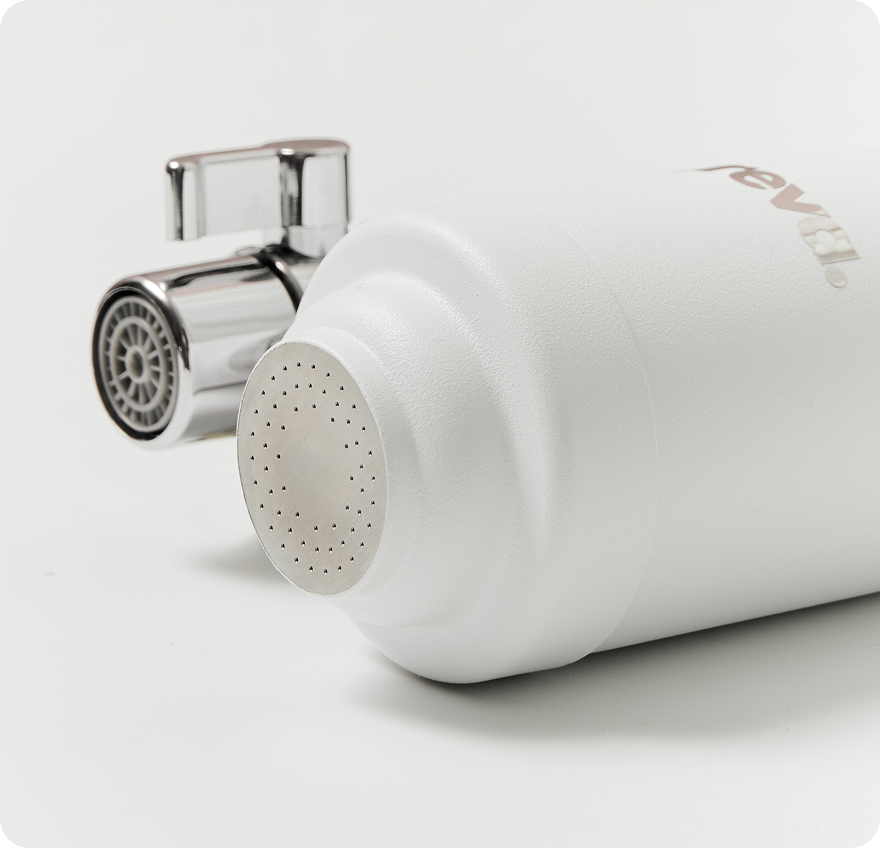Drinking tap water is a simple way to save money while protecting the environment (no more need to use plastic bottles!). But is it really always safe for your health? Although it is subject to frequent and stringent controls, tap water can pose a danger to you, the consumer. In this article, let's take a look at the dangers associated with tap water pollution. and the measures to take to protect against it.
Is tap water safe to drink?
Generally speaking, and according to the Ministry of Health , it is perfectly safe to drink tap water . The water distributed benefits from the highest levels of health control and ongoing monitoring in France. However, tap water can be contaminated by substances that are harmful and detrimental to public health. We answer all your questions about whattap water contains , preconceived ideas, and the dangers associated with it.
Is the presence of chlorine problematic?
No, not necessarily. Tap water is treated with chlorine to ensure effective disinfection and eliminate microorganisms such as Escherichia coli, which can cause serious illness. Regulations limit the chlorine level in drinking water to 0.1 mg/liter , thus ensuring consumer safety.
However, studies have shown that some chlorination byproducts, such as trihalomethanes (THMs), may pose risks to human health , including an increased risk to your bladder with prolonged exposure.
The presence of chlorine in water can also have other consequences for users:
- It may cause side effects in some people, such as skin and respiratory irritation, especially for sensitive or asthmatic individuals.
- It sometimes gives the water an unpleasant bleach taste and a peculiar odor, which can put some people off. To reduce this perception, it is advisable to let the water settle or use filters.
Is drinking hot tap water risky?
We do not recommend drinking hot tap water . It can be dangerous to your health.
Here's why:
- the quality of the water deteriorates inside a water heater (development of scale in particular);
- the circulation of hot water inside the pipes causes the degradation of the metals in the pipes;
- Microorganisms can easily grow in warm water.
It is therefore strongly recommended to drink cold water directly from the tap or to boil it afterwards. Of course, you can use hot water directly from the tap for cooking and speed up the boiling time.
Is limescale in tap water dangerous?
The presence of limescale in tap water is not dangerous for your health . Hard water is rich in calcium and magnesium. It allows:
- to prevent cardiovascular risks;
- to strengthen bones;
- the proper functioning of muscles and the nervous system.
On the other hand, limescale deposits can damage your household appliances and taps.

What are the signs of water contamination?
How can you tell if your tap water is contaminated? To be sure, you'll need to perform specific tests, but here are some signs that may indicate the presence of a contaminant.
- the cloudy appearance of drinking water or the presence of particles on the surface (rust, sediment particles, microorganisms, contaminants);
- water discoloration : a brownish or reddish tint may indicate the presence of rust. A blue-green tint may mean the presence of copper;
- a strong odor from the water such as chlorine, mold, or rotten egg odor.
If you notice any of these signs in your tap water , avoid consuming it and have it tested promptly.
What are the other dangers of tap water?
Consuming tap water can also present other significant risks . Our explanations are below.
Old pipes and heavy metals
Old pipes can contribute to tap water pollution. Heavy metals such as lead and mercury can end up in drinking water. These chemicals pose serious health risks to you and your loved ones:
- developmental problems in children;
- neurological disorders;
- kidney disease.
If necessary, it is strongly recommended to regularly check for the potential presence of heavy metals in tap water or to use a high-performance filtration system. Many of us are concerned about this issue today.
Are there bacteria in tap water?
It is quite possible to detect bacteria such as Escherichia coli or Salmonella, viruses or even germs in tap water . According to the regulations (decree of January 11, 2007), the concentration of these pathogens must not exceed a limit of 100 CFU (colony forming units) per milliliter of water.
In other words, a liter of water can contain up to 100,000 bacteria at most.
The Dangers of Eternal Pollutants in Tap Water
Have you ever heard of the perennial pollutants PFAS ? PFAS are perfluorinated and polyfluorinated chemicals . They are found in industrial and consumer products (in pesticides, fertilizers, non-stick coatings, waterproof products, fire-fighting foams, food packaging, and textiles).
These pollutants are called "eternal" because their chemical structure (carbon-fluorine bond) is very resistant to degradation. PFAS can contaminate tap water in several ways :
- release of products containing PFAS into the air, soil or water by industries;
- accidental spills or leaks of PFAS into the environment;
- presence of PFAS in wastewater treatment systems not designed for their treatment;
- pollution from agriculture.
We are all affected by these eternal pollutants today. To avoid potential contamination of your tap water and the associated dangers , we recommend adopting a filtration system. Technical advances now allow us to offer effective, practical, and affordable solutions for all budgets.

How to safely filter tap water?
To protect your health from pollutants and improve the taste of your water, choose a water filtration solution like the Pureva system . Easy to install on your faucet, the Pureva water filter is made of activated carbon. It purifies tap water while preserving the benefits of natural minerals that are beneficial for your body. The result is safe, filtered water that retains its structure.
By using our tap water filtration and purification system, you're ditching plastic bottles and doing your bit for the environment. You're also protecting yourself from microplastics found in bottled water. Would you like to test the quality of filtered water and save money? Don't hesitate to contact us.

